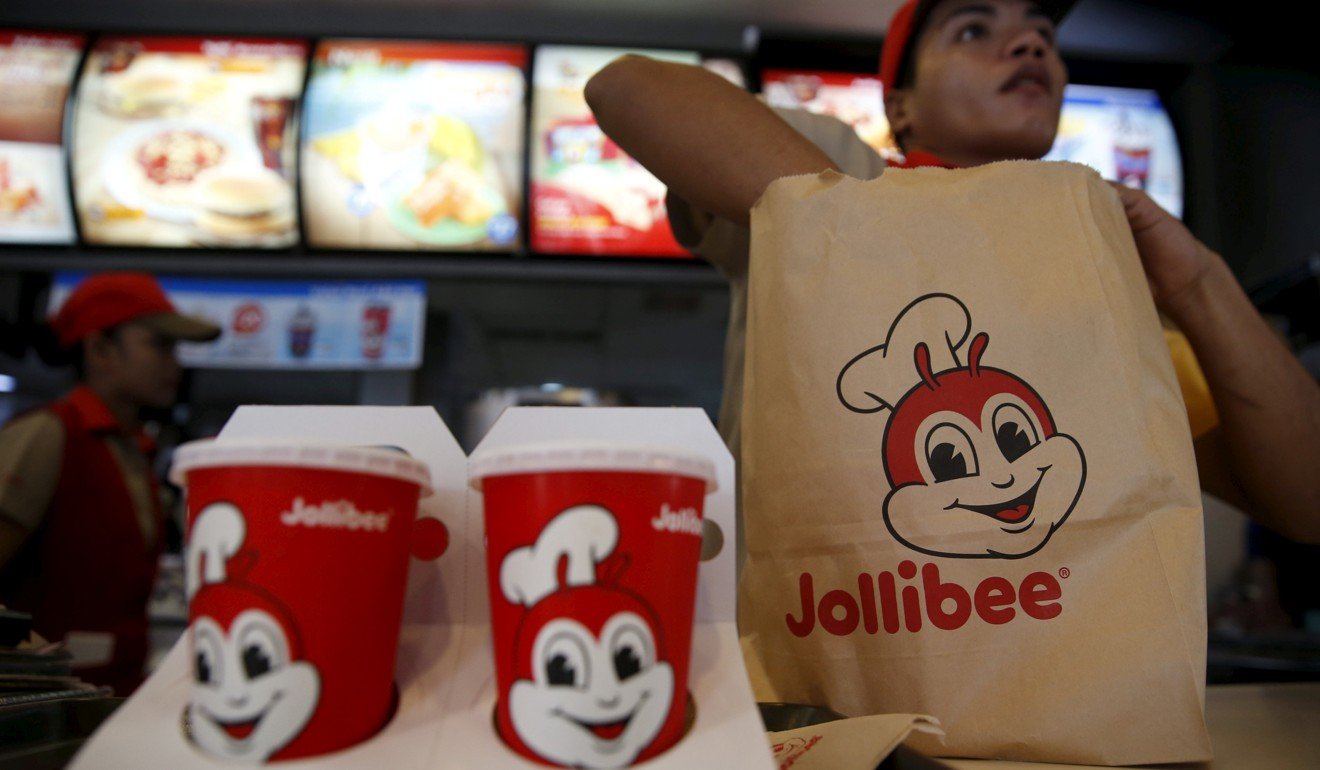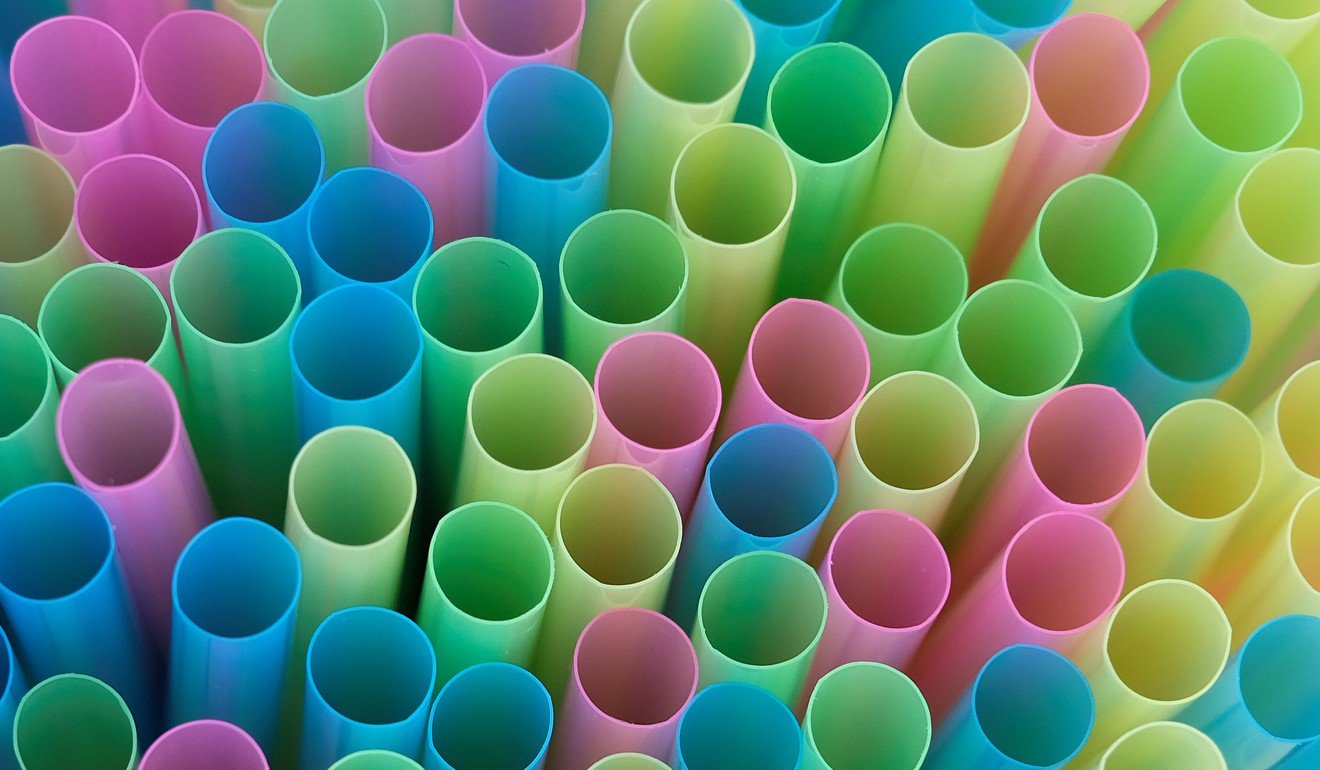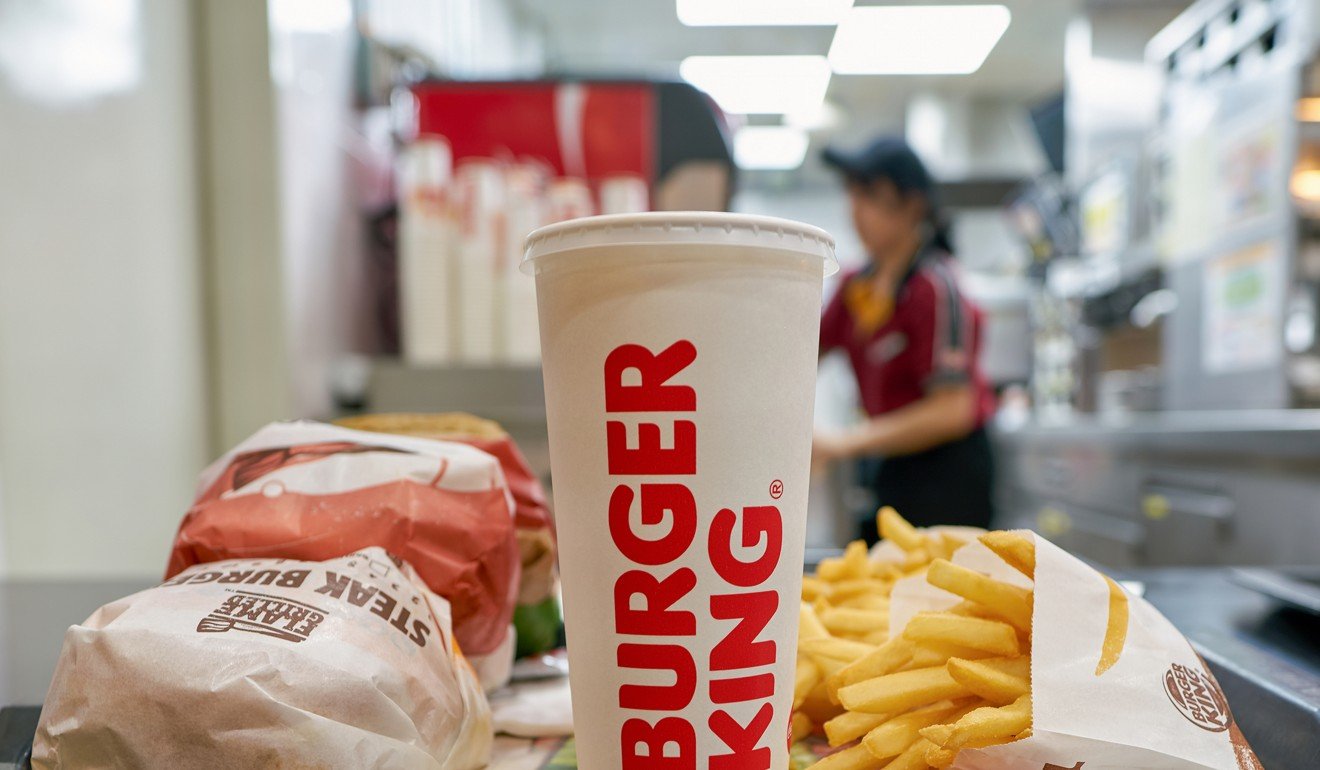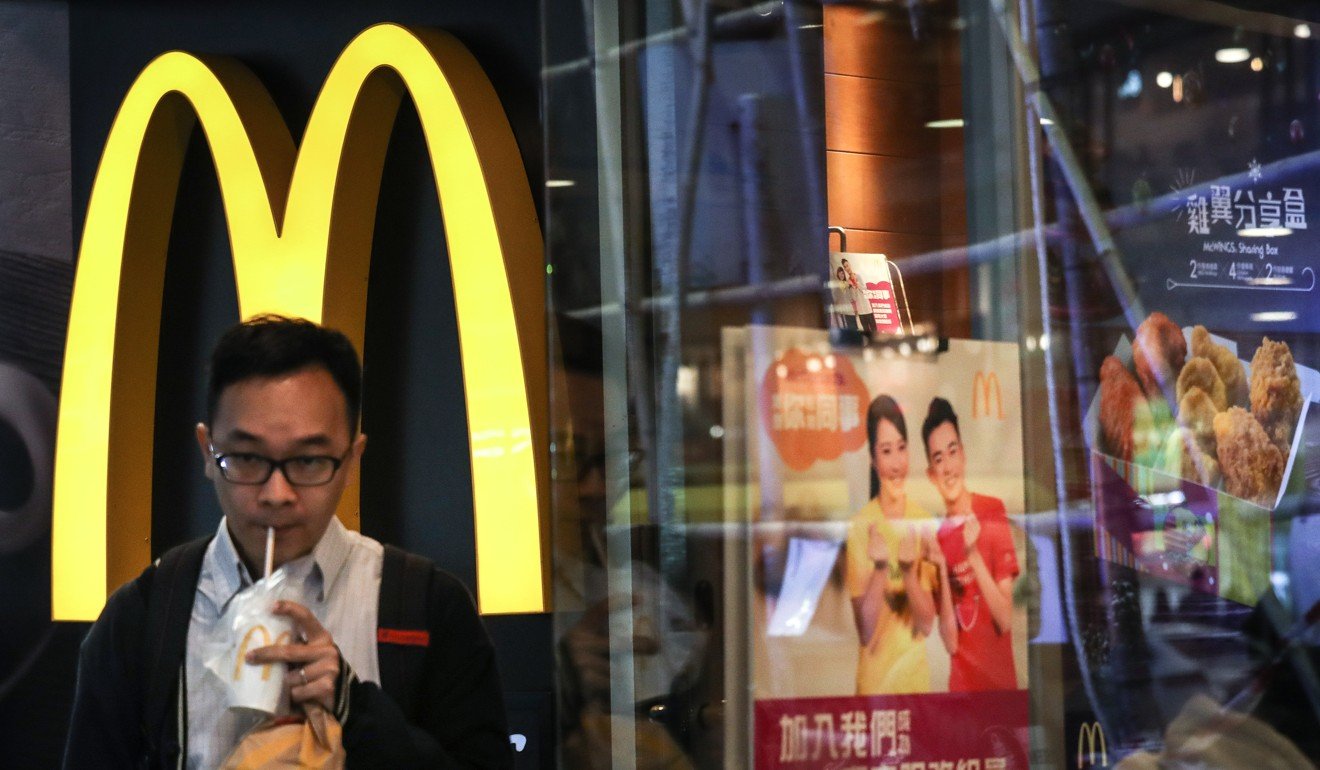
How Hong Kong’s fast-food restaurants serve up a mountain of waste
Environmentalists say need to phase out use of disposable packaging especially pressing locally given city’s acute shortage of land
Ever thought about how much waste is produced by just one meal in Hong Kong’s popular fast-food restaurants?
A fact-finding mission by the Post has revealed KFC tops the list of the industry’s “big wasters” locally in terms of the number of disposable items generated by one meal: KFC’s hot-and-spicy combo, priced at HK$43, yielded an extraordinary 12 single-use items.
Jollibee, meanwhile, generated the most disposable trash in terms of weight, coming to 60 grams of single-use refuse from one chicken and mushroom rice meal, costing HK$48.
These were among the four most popular fast-food chains in the city that serve eat-in diners with single-use packaging. Combined they generate dozens of tonnes of waste every day.

The other two chains, McDonald’s and Burger King, were not far behind. The “Golden Arches” produced eight items of waste from a double cheeseburger meal, coming to 50 grams of total refuse. And the “home of the Whopper” produced nine items of waste from its signature meal, also totalling 50 grams.
While this little experiment was far from scientific, environmentalists say there is a pressing need for Hong Kong to catch up with its international counterparts in phasing out the use of disposable packaging in the food industry.

Multiple countries in Africa are also moving rapidly to eliminate single-use plastics: Kenya, Rwanda, Mauritania and Morocco, for example, totally prohibit single-use plastic bags. The European Commission, meanwhile, has proposed banning single-use plastic products: those measures are expected to be approved before the European elections in May 2019.
“Fast food franchises are major offenders when it comes to single-use waste in Hong Kong,” said Edwin Lau Che-feng, executive director of The Green Earth, a Hong Kong-based environmental advocacy group.
According to 2016 statistics – the most recent available – 67 per cent of the city’s landfill comes from municipal solid waste, which is refuse from households, commercial and industrial sources. Of this, 35 per cent is food waste, while paper makes up 22 per cent, and plastics comprise 21 per cent.

Plastics, which do not biodegrade, can find their way into waterways and oceans, where they can harm wildlife, and eventually break down and enter the food chain.
With its acute shortage of land, Hong Kong has to fit a big problem into a tiny space. The city’s landfills are set to be entirely filled up by 2020, according to the Environmental Protection Department (EPD).
In North America, space isn’t an issue – but it’s a huge issue in Hong Kong
“Such companies don’t consider the local context,” he adds, referring to the dwindling amount of space the city can put aside for landfill.
The Green Earth urges the Hong Kong government to follow Taiwan’s policy in minimising waste, and to begin by banning hard-to-recycle plastics, such as polystyrene boxes. They say producers should also be made to recover a certain percentage of their plastic waste.
The EPD said it was monitoring the waste situation closely and that the government had initiated a major study to evaluate methods for controlling and reducing disposable waste – but that the results would not be available until 2020.
“The government has been paying close attention to research and development in other countries or regions on the control of disposable plastic tableware (including single-use plastic straws and cups) and the policies and measures proposed, as well as the various ways to reduce and phase out disposable plastic tableware,” the statement said.
The department explained it needed to “obtain ... in-depth knowledge about the mainstream proposals worldwide on the future control mechanism of disposable plastic tableware and their means of implementation, and consider whether it is suitable to implement the control on disposable plastic tableware in future”.
China is refusing the world’s waste, so where on Earth will it all go?
The statement said the findings would be used to draw up proposals “suitable for implementation in Hong Kong”.

A spokesman for McDonald’s Hong Kong said the company attached “great importance to promoting sustainable environmental development” with its customers.
“We will, from time to time, review our relevant environment management policies and make adjustments as necessary,” he said.
The spokesman went on to say that McDonald’s McCafé branches offer dine-in users ceramic cups, glasses and ceramic plates with stainless steel cutlery. He noted McCafé customers are welcome to bring their own tumblers or cups.
The city throws away 5.2 million bottles per day – time to ban plastic disposables?
“We will also turn all foam packaging to paper ones in stages by the third quarter this year,” the spokesman said.
Another key to solving the problem, most environmental campaigners agree, is for us all to eat less junk food.
The public can start by making their lunches at home, and only visiting restaurants that provide reusable dining ware.
As with so many challenges in our modern lives, breaking our bad habits – and learning some new ones – could do us all a world of good.
Burger King
Whopper meal: HK$49.50
Comprising one Whopper sandwich, one regular fries and one regular Coca-Cola
Single-use waste items: 9
Total weight of waste: 50g
Jollibee
2pc Chickenjoy with Mushroom Rice: HK$48
Comprising two pieces of Chickenjoy, one mushroom rice, one side of gravy and one regular 7 Up
Single-use waste items: 10
Total weight waste: 60g
KFC
Hot & Spicy Combo: HK$43
Comprising two pieces of hot-and-spicy chicken, one regular mushroom rice and one medium Coca-Cola
Single-use waste items: 12
Total weight of waste: 49g
McDonald’s
Double Cheeseburger meal: HK$40
Comprising one double cheeseburger, one large fries and one large Coca-Cola
Single-use waste items: 8
Total weight of waste: 50g


